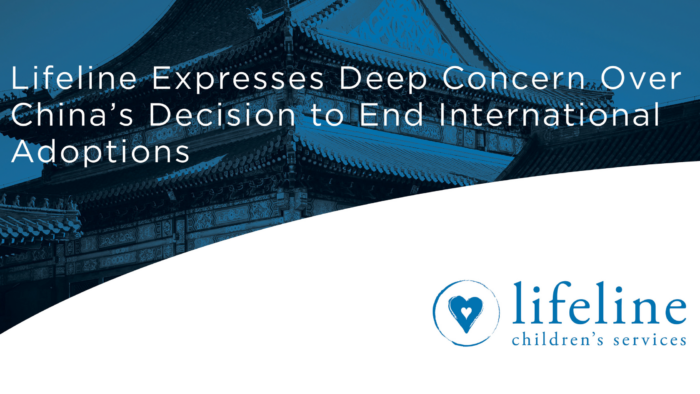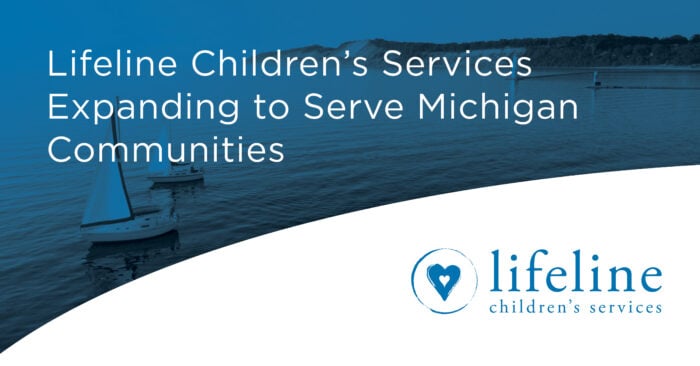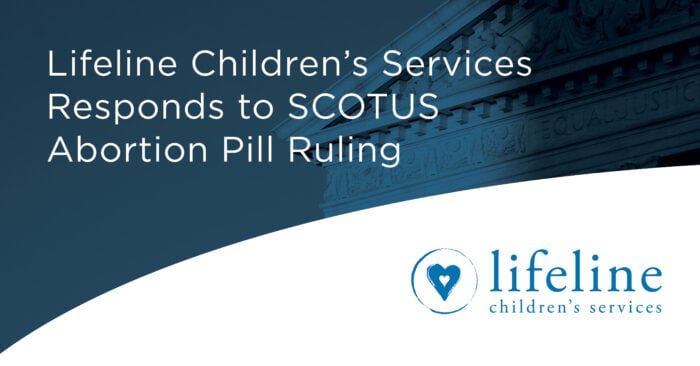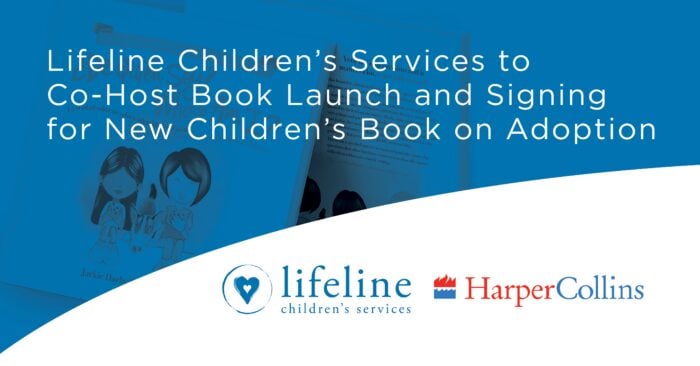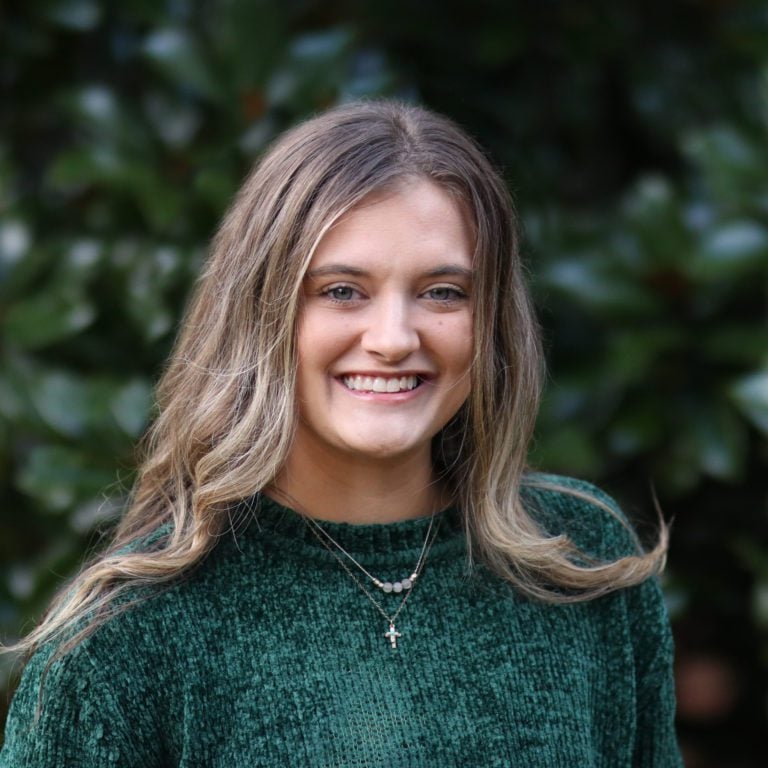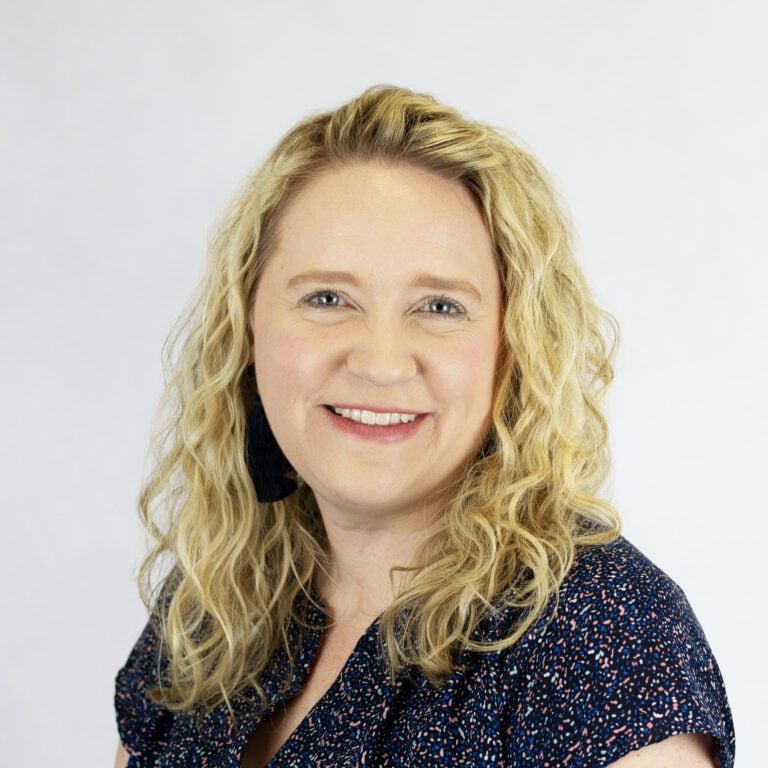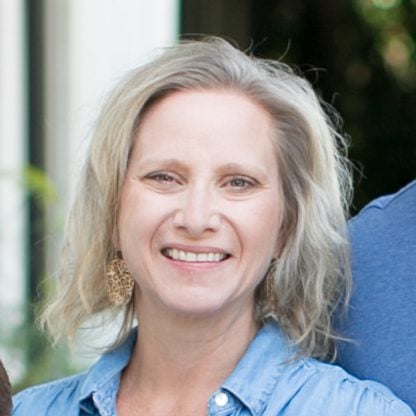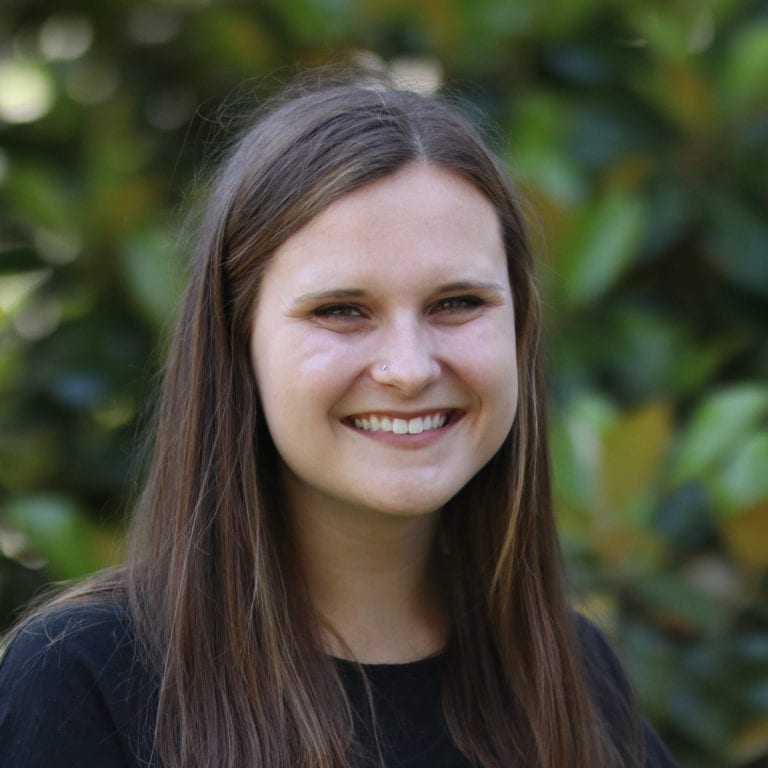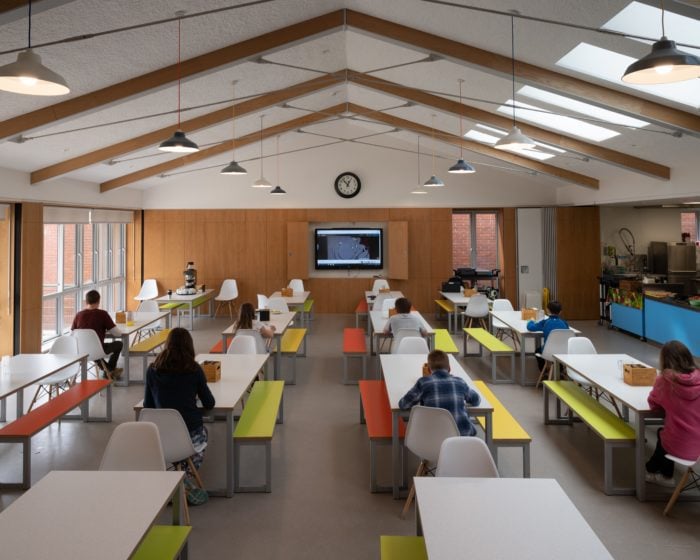More than 4,000,000 couples have prepared for marriage or enriched their relationship through taking the P/E assessment and working with a Certified Facilitator. The assessment itself has been proven to improve relationship satisfaction; however there is something extraordinary about the relationship a Facilitator develops with a couple that truly helps the couple grow more than they would on their own.
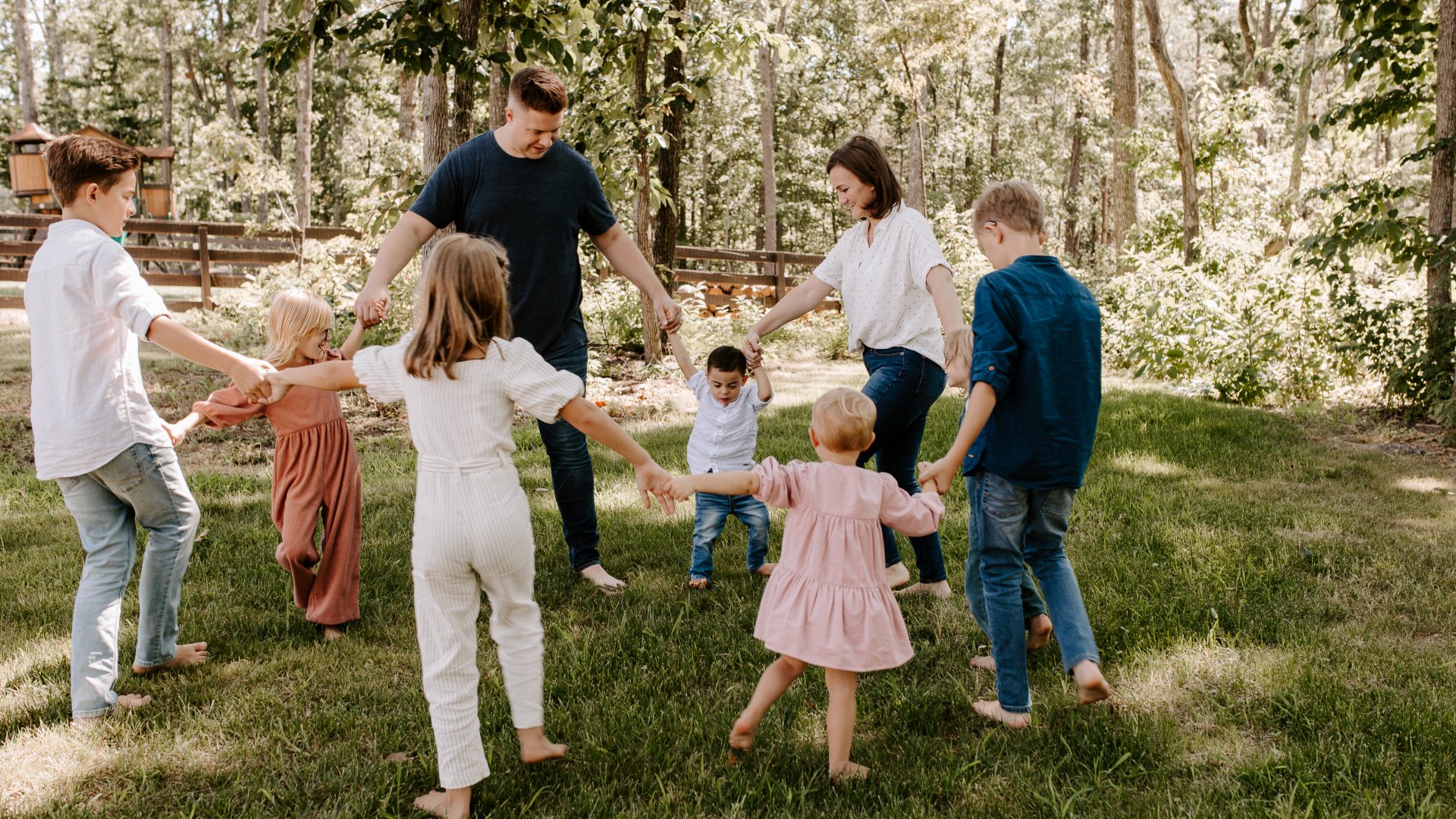
Counseling Services
Nurture. Heal. Grow. Lifeline’s Counseling team believes in facilitating health in individuals and families so they can flourish.
Our team provides individual (child, teen, and adult), marriage, and family therapy.
Our desire is to enter into the difficulties and empower our clients to thrive. Life is hard. Kids don’t come with owner’s manuals. Parenting is hard. Welcoming children from challenging backgrounds is hard.
Lifeline therapists are trained in a variety of approaches to support individuals and families, specializing in attachment, trauma, and other similar areas like anxiety and depression.
Guiding You to Where You Want to Be
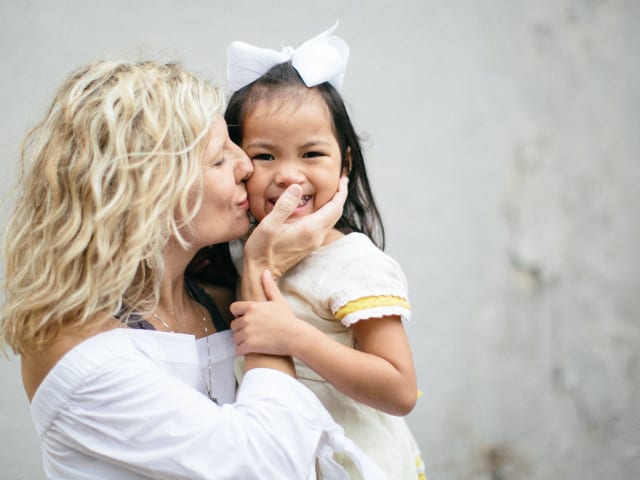

As our clients navigate each new season in their lives, we’re committed to serving them with the latest and most-fitting techniques to help them grow and heal. This may look like individual therapy. It could also incorporate a playful interaction between parent and child. We come equipped with a variety of tools to meet each individual and family where they are to address their most relevant issues.
Meet Our Therapists
Our professional therapists are ready to walk with you and your family. Outpatient services are offered in Birmingham, AL; Huntsville, AL; Tuscaloosa, AL; Athens, GA; Cary, NC; and the greater Lafayette, LA area. Intensive Services are also available in most locations.
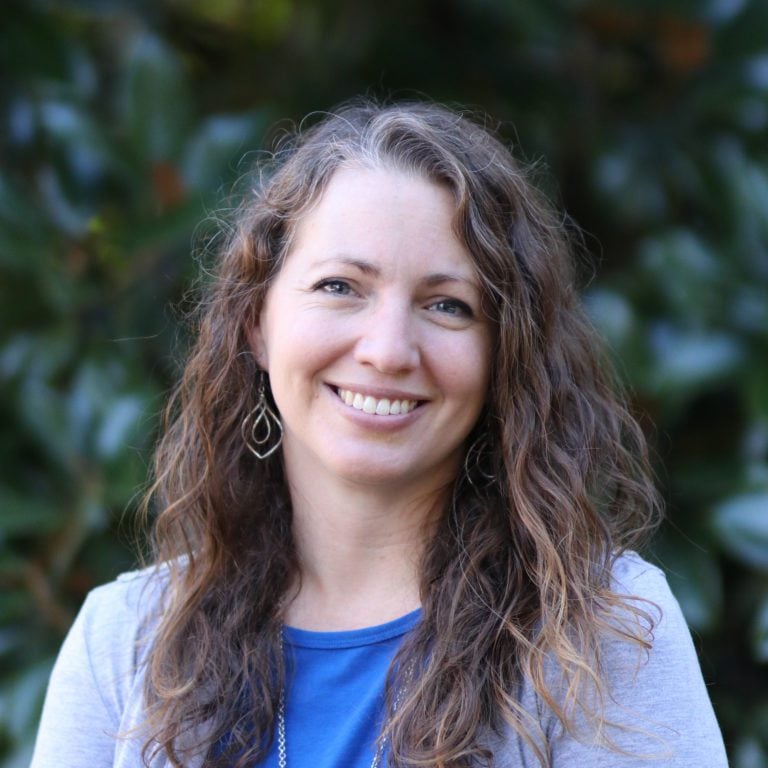

Therapy Modalities
Because everyone’s experiences are unique, Lifeline’s therapists are trained in a variety of therapy modalities to help tailor-fit a treatment specific to each individual’s needs.
Emotionally Focused Therapy (EFT)
According to the ICEEFT, Emotionally Focused Therapy (EFT) is an approach to adult attachment and a developmental theory of personality and intimate relationships. This science has expanded our understanding of individual dysfunction and the nature of romantic relationships and family bonds. Attachment views human beings as innately wired for connection.
learn moreTheraplay® and Marschak Interaction Method (MIM)
Therapeutic model that is attachment-based and trauma-informed, designed to meet the complex needs of vulnerable children. It is used in orphanages, courts, residential treatment facilities, group homes, foster and adoptive homes, churches, and schools.
learn moreTrust-Based Relational Intervention® (TBRI®)
Therapeutic model that is attachment-based and trauma-informed, designed to meet the complex needs of vulnerable children. It is used in orphanages, courts, residential treatment facilities, group homes, foster and adoptive homes, churches, and schools.
learn moreEye Movement Desensitization & Reprocessing (EMDR)
Psychotherapy treatment designed to alleviate the distress associated with traumatic memories.
learn moreTrauma-Focused Cognitive Behavioral Therapy (TF-CBT)
Evidence-based treatment for children impacted by trauma, especially sensitive to the unique challenges of post-traumatic stress disorder and mood disorders resulting from abuse, violence, or grief.
learn moreSafe and Sound Protocol (SSP)
Auditory intervention designed to reduce stress and auditory sensitivity while enhancing social engagement and resilience.
learn morePlay Therapy
Structured, theoretically-based approach to therapy that builds on normal communicative and learning processes of children, using play to help children express their troubles.
learn moreDyadic Developmental Psychotherapy (DDP)
Psychotherapeutic treatment method for families with children who have been adopted or fostered and have experienced neglect and abuse in their birth families and suffer from significant developmental trauma.
learn morePREPARE/ENRICH Assessment
Corrective Attachment Therapy
Emotionally Focused Therapy (EFT)
According to the ICEEFT, Emotionally Focused Therapy (EFT) is an approach to adult attachment and a developmental theory of personality and intimate relationships. This science has expanded our understanding of individual dysfunction and the nature of romantic relationships and family bonds. Attachment views human beings as innately wired for connection.
learn moreTheraplay® and Marschak Interaction Method (MIM)
Therapeutic model that is attachment-based and trauma-informed, designed to meet the complex needs of vulnerable children. It is used in orphanages, courts, residential treatment facilities, group homes, foster and adoptive homes, churches, and schools.
learn moreTrust-Based Relational Intervention® (TBRI®)
Therapeutic model that is attachment-based and trauma-informed, designed to meet the complex needs of vulnerable children. It is used in orphanages, courts, residential treatment facilities, group homes, foster and adoptive homes, churches, and schools.
learn moreEye Movement Desensitization & Reprocessing (EMDR)
Psychotherapy treatment designed to alleviate the distress associated with traumatic memories.
learn moreTrauma-Focused Cognitive Behavioral Therapy (TF-CBT)
Evidence-based treatment for children impacted by trauma, especially sensitive to the unique challenges of post-traumatic stress disorder and mood disorders resulting from abuse, violence, or grief.
learn moreSafe and Sound Protocol (SSP)
Auditory intervention designed to reduce stress and auditory sensitivity while enhancing social engagement and resilience.
learn morePlay Therapy
Structured, theoretically-based approach to therapy that builds on normal communicative and learning processes of children, using play to help children express their troubles.
learn moreDyadic Developmental Psychotherapy (DDP)
Psychotherapeutic treatment method for families with children who have been adopted or fostered and have experienced neglect and abuse in their birth families and suffer from significant developmental trauma.
learn morePREPARE/ENRICH Assessment
More than 4,000,000 couples have prepared for marriage or enriched their relationship through taking the P/E assessment and working with a Certified Facilitator. The assessment itself has been proven to improve relationship satisfaction; however there is something extraordinary about the relationship a Facilitator develops with a couple that truly helps the couple grow more than they would on their own.
Corrective Attachment Therapy
learn moreAnswers to Counseling Questions
Commonly Asked Questions
As you have questions about who we are, and what we do, check out our Commonly Asked Questions section below.
What is counseling?
Counseling (or therapy) is an assistance given by a helping professional who provides a client with an avenue of growth and healing. Lifeline’s Counseling team is unique because it seeks to be holistic and collaborative with individuals, couples, and families. Therapeutic interventions are tailor-fit to the needs of each client.
Is it common for adoptive and foster families to seek counseling?
Yes, it is very common for anyone involved in the adoption or foster care process to seek therapy. Many children in adoptive or foster care placements will need counseling at some point in their journey because they have often experienced significant loss, trauma, or neglect. These traumas can negatively affect a child’s thoughts about themselves, others, and the world around them. Parents and siblings have their own needs and experiences that may affect their own daily functioning. In addition, the process of adoption and fostering can create challenges in a marriage, between siblings, and in the family as a whole.
How do I know if I need therapy?
People seek therapy or counseling for a variety of reasons, such as family struggles, anxiety and depression, or marital issues. If you have any concerns or challenges within your family and want to discuss the possible need for therapy, reach out to your caseworker or email [email protected] or call 205-967-0811.
Can I request a particular counselor at Lifeline?
Yes, you can request a specific counselor. Sometimes an individual’s needs may best fit another counselor within Lifeline, and a referral can be made in those cases.
Is there a waitlist for counseling at Lifeline? How long can I expect to wait for services?
Lifeline does operate from a waitlist. The number of individuals or families on the list varies. The wait can vary from zero to six months. Lifeline can provide referral sources if needed.
How soon should my family begin counseling with Lifeline after a child is placed in our home?
In most cases of recent adoption or foster care placement, the goal of counseling should focus on enhancing the attachment relationships between child and parent, rather than between child and counselor (which is common in typical counseling settings). Counseling often begins with the parents, then they work together to devise a treatment plan that includes the child. Deciding when this process should begin depends on a number of factors, including: current issues, child’s history, level of need, language abilities, etc.
How do you conduct therapy when a child’s primary language is not English?
It is common within international adoption for a child not to speak the primary language of his/her adoptive family. Therapists can work specifically with the parents while the child is gaining language skills. Sometimes a bilingual therapist or translator is utilized. Some counseling interventions are aimed at pre-verbal interactions, like TheraPlay, where fluency in language is not necessarily needed.
I know Lifeline is a Christian organization, so what is the balance in sessions between faith and psychology?
People are at different places in their walk with God, and the same is true for when they participate in a counseling session. Lifeline’s team members assess this and are sensitive to it. The Counseling team strives to meet each client where he/she is. Each of our counselors are Christ-followers and is open to discuss faith and Biblical truths in each session. Our counselors also view psychology through the lens of theology and the Holy Spirit. Much like in the Book of Esther, God may not always be specifically mentioned, but His fingerprints are all over. That’s similar to how sessions with our clients look.
I am concerned for my marriage as well as our adoption/foster care placement. Can counseling address both marital and placement concerns?
Yes, every therapist at Lifeline is able to provide marriage therapy as well as address placement concerns. Lifeline therapists will meet with parents for a number of sessions before including children, to first address marital concerns that frequently co-exist with placement concerns.
I think myself, my child, or my family could benefit from therapy. What do I do next?
If you think therapy may be helpful for your situation, reach out to Lifeline call 205-967-0811 or email [email protected].
Intensive Counseling Services
Parenting children from trauma backgrounds with compromised attachment takes a toll on marriages and families.
We consider all the different aspects of family interaction so we can guide you specifically where you want to go. Families are able to spend a concentrated amount of time investing in their family in ways that lead to lasting change.


Browse this list of counselors, occupational therapists, and other TBRI™ Practitioners.
Theraplay PractitionersFind therapists in your area who are a part of the Theraplay Association.
Attachment Trauma NetworkFind providers, resources, and treatment options in your area for attachment and trauma.
Association for Play TherapyFind out more about the therapeutic power of play in growth and development.
DDP NetworkFind out more about this treatment developed for children who have experienced neglect and abuse and helps them learn to trust.
EMDR InstituteLearn more about this treatment designed to alleviate the distress associated with traumatic memories.
